

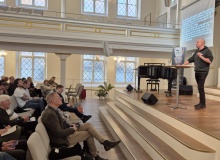
The Evangelical Alliance and other groups in Sweden worked together in a gathering for 130 people. Issue networks are inspired by the European Leadership Forum model.
.jpg)
In Kristiansand (Norway), dozens of pioneers met for the 2025 M4 conference. The gathering included community learning, creative inputs and a call to preach the gospel boldly.
.jpg)
The Nicene Creed also implies obligations. Yes, it actually defines what a ‘classical Christian faith’ can be considered to be.
Cropped.jpg)
The dismissal of influential pastor Daniel Alm for abuse of power in his relationship with two female employees has ended up in the courts, where he has lost. A comment from Sweden.
.jpg)
The gut feeling of many Europeans – and certainly that of many Swedes – is pointing them in the wrong direction.
.png)
“We pray for peace and stability”, evangelical leader Olof Edsinger says, “but also for tools for politicians and the police to counter these situations”.
.jpg)
The “rumours of war” should not take Christians by surprise. Churches must “read the times”, commit to real peacemaking, and pray “lucid” and “not abstract” prayers. Leaders from Sweden, France, Portugal and Spain spoke to Evangelical Focus.
.jpg)
There are now more ‘nones’ than Christians in The Netherlands and Sweden. However, a Pew Research study perceives conversions to Christianity among Europeans raised without a religion.
Cropped(1).jpg)
In Europe and also the Unites States, the strongest political activism isn’t found among evangelical Christians, but among progressive and liberal theological denominations.
.jpg)
In Örebro, churches open for counselling and prayer. A former student tells Evangelical Focus his prayers are that “Jesus will make his presence felt to those who are grieving”.
.jpg)
Salwan Momika was at the centre of an international controversy in 2023 with Islamic countries calling for limits on free speech in Sweden. “Islamists often play according to other rules”, laments Olof Edsinger of the Evangelical Alliance.

There are reports of a renewal in church youth work from all over Scandinavia. What could Jesus contribute as an influencer in this context?
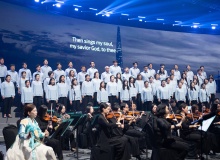
The Church in our region is steadily declining, and the age distribution of its members gives little hope of growth. What do we need to change without losing the gospel?
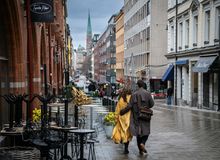
The Swedish, European and World Evangelical Alliances sent a joint report on asylum seekers, conscientious objection, and hate speech, among other issues.
.jpg)
The Evangelical Alliances in Sweden, Austria, Germany and Spain offer resources to give reasons to vote for the European Parliament, on 6-9 June.

When the problems are perceived as structural rather than individual, it is difficult to assign responsibility.
The contrast of the Old Testament’s Cherem wars with the Quran’s ideology of Jihad is striking. This will help understand the current debate in Sweden – and elsewhere.
.jpg)
Christians are against desecrating holy books, says Olof Edsinger, leader of the Swedish Evangelical Alliance. But “something is terribly wrong when totalitarian regimes are trying to force us to abandon our hard-won human rights”, he adds.
.jpg)
Gen Zers believe more in heaven and hell, a survey shows.
.jpg)
A survey shows that while most Europeans do not believe in God, those born after 1997 in Sweden, Germany, France, Great Britain, the Netherlands and Hungary have more faith.
.jpg)
Only two weeks before the general elections, the Spanish government uses the European Union Presidency to promote gender self-identification across the continent.
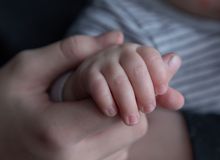
In neither country is surrogacy regulated by law, but the Dutch and Swedish governments support “altruistic surrogacy”.
.png)
An interview with Jonas Engström, a Swedish choir director and composer with a passion for Gospel music.
.jpg)
At the first Swedish Parliamentary Prayer Breakfast in Stockholm last week, parliamentarians heard an alternative to the popular secular narrative on the origins of Europe which marginalises God.
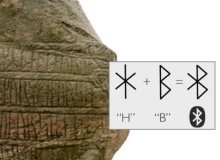
The cross, a gruesome execution instrument transformed into a symbol of hope, healing and hospitality, is still seen everywhere across Europe.

Las opiniones vertidas por nuestros colaboradores se realizan a nivel personal, pudiendo coincidir o no con la postura de la dirección de Protestante Digital.